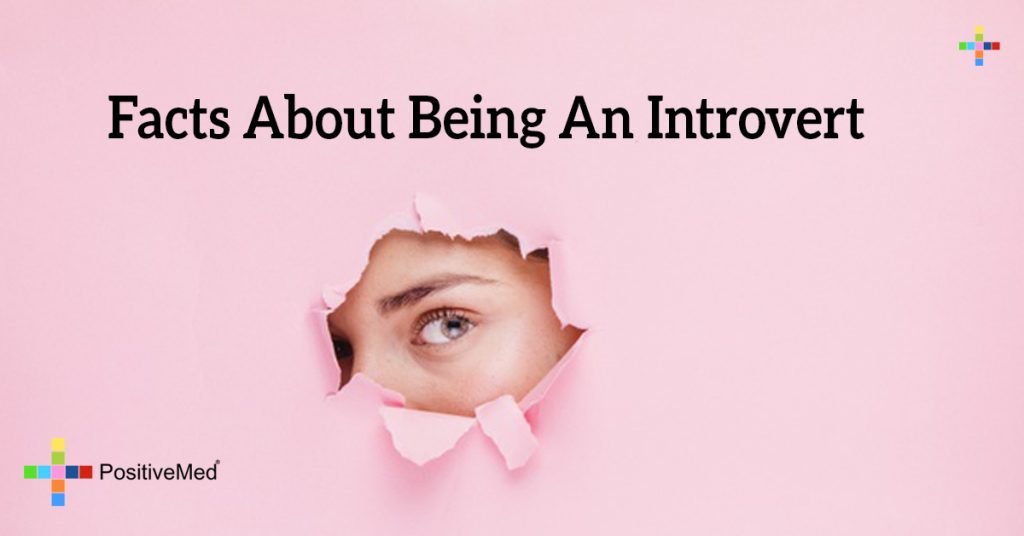
Edited By Stephanie Dawson
Most of the time introverts enjoy time being alone, they need little social reinforcement and might not enjoy social interaction. (Being An Introvert ) Societal values seem to overrate extroverts and associate introversion with shyness. Introverts may feel their energy draining when around large groups, feeling uncomfortable.
Introversion is a personality dimension that can be measured by personality tests. Introversion and extroversion are inheritable personality traits that are activated or deactivated by the environment, so a person can be more introverted in his childhood and then become progressively more extroverted, depending on environment. You may see yourself in some characteristics, however most people share characteristics from both types, with one being predominant. To find out if you are an extrovert or introvert click here .
Profile of an Introvert
• Able to be alone and recognize that happiness may not come from outside.
• Can enjoy being alone and with close friends and family, usually hate large gatherings. They prefer small groups of people and significant, interesting conversations rather than several small ones.
• Often desire closeness, isolation, or find pleasure in solitude
• May enjoy calm, quiet activities such as reading, arts, electronics, and videogames.
• Good at identifying people’s feelings including their own
• Often described as a quiet person
• Sometimes displays self-control, neatness, or obsession with cleanness
• Sometimes too serious or intense, however introverts often enjoy self-deprecating humor, rather than making jokes about others
• Rarely aggressive, can be a pessimist
• Can be overly conscious of social stereotypes, demands, or expectationsPositive qualities
• Can be reflective, they think before acting, can be good planners and organizers and may dislike surprises. They plan everything.
• Tend to keep their own counsel
• An introvert likes to live in a mental world, where ideas, thoughts, and memories give them satisfaction. Can be idealistic
• Can be meticulous, even obsessive, great workers with a sense of responsibility and duty.
Not so positive
• There can be issues of guilt or frustration for not being as popular as others.
• May have less social networks or fewer friends. This can lead to diminished social support
• May find it difficult to marry or establish romantic bonds
• Can be pessimistic, self-critical, and judgmental about their social performance
• Might be unable to stand up for themselves, or unable to speak for themselves
• Excessive shyness. Some introverts are very shy
Sources
Ryckman, R. (2004). Theories of Personality. Belmont, CA: Thomson/WadswortEysenck, H. J. (1971). Readings in Extraversion-Introversion. New York: Wiley.
Jung, Carl (1995). Memories, Dreams, Reflections. London: Fontana Press. pp. 414–415







